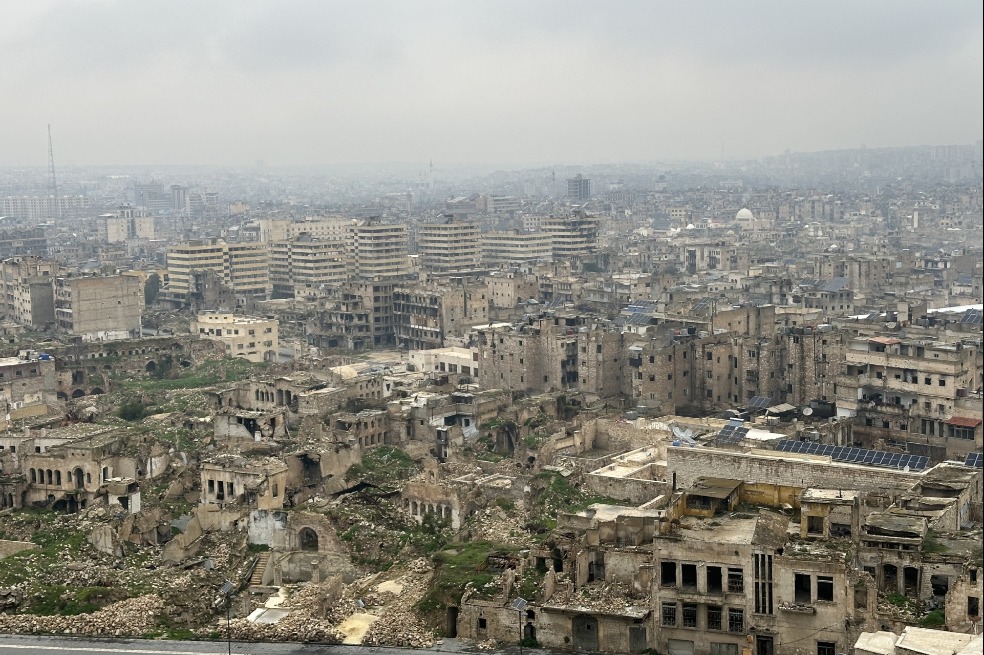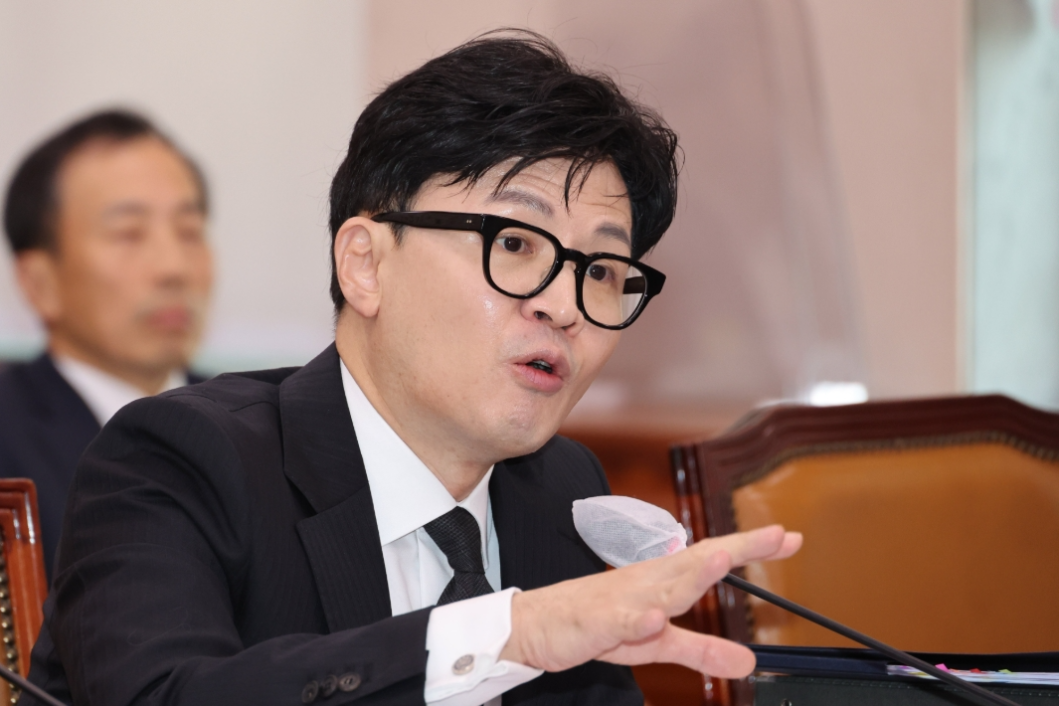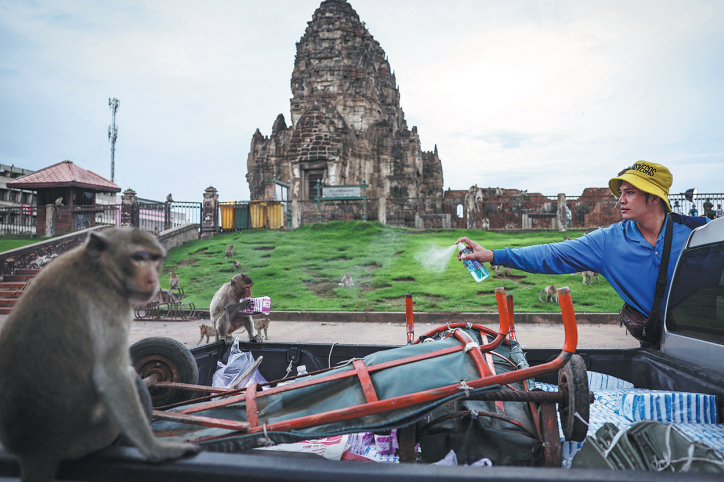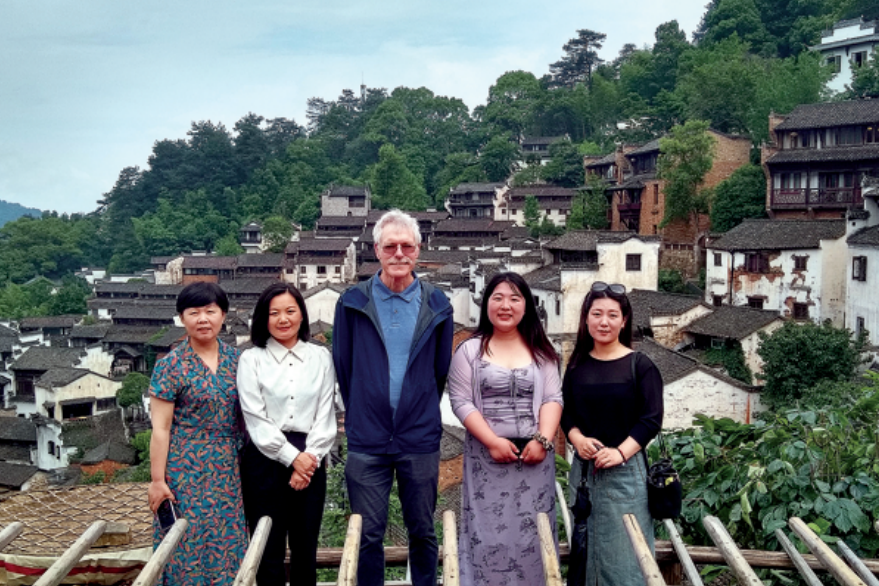Officials call for better evaluation system for development cooperation

Officials and professionals on Thursday called for more supervision and a better evaluation system for international development cooperation in a bid to improve its effectiveness and impact.
Addressing the second Sunshine Forum on International Development Cooperation held in Beijing, Luo Zhaohui, head of the China International Development Cooperation Agency, said the achievements of China's foreign aid and international development cooperation are inseparable from strong support for supervision and evaluation.
He said that China regards the comprehensive benefits enjoyed by the recipient countries and their overall level of satisfaction as the fundamental criteria for measuring the effectiveness of its aid.
China is dedicated to increasing transparency in foreign aid through the timely release of information. The agency released two reports at the forum regarding China's foreign aid project evaluation system and an evaluation of the nation's poverty reduction cooperation projects in East Asia.
Noting that corruption is the common enemy of humanity, Luo said that joint anti-corruption efforts are essential to strengthen accountability and increase the effectiveness of foreign aid.
Luo called for giving full play to supervision, evaluation statistics and anti-corruption, and jointly promoting the high-quality development of international development cooperation.
Rahamtalla M. Osman, permanent representative of the African Union to China, said that recipients should be at the core of the evaluation of international development cooperation.
The criteria of aid evaluation should be designed for and by those seeking support, he said, adding that Africans want to be empowered by becoming part of the monitoring mechanism.
According to Osman, China has provided aid to 53 nations on the continent, accounting for 44 percent of the country's foreign aid.
"There is a need to deliver more research and more frequent publicizing of the best projects that are really making a difference to Agenda 2063," he said.
Agenda 2063 is the AU's blueprint to transform the continent into a global powerhouse.
Martin Taylor, the representative of the World Health Organization to China, said that the metrics for evaluation and supervision in health include improved access to primary healthcare, fewer people paying for healthcare, and more people benefiting from communicable disease prevention and treatment.
"As we plan future cooperation, we need to keep a sharp focus on the impact and the outcomes that we want to achieve on those metrics of success. If we do that, we have a direct line to the contribution of the sustainable development goals and to improving people's livelihoods through their health," he said.
Li Xiaoyun, a professor at China Agricultural University, emphasized the importance of empowering people to monitor and evaluate "small yet smart" people-centered programs of foreign aid by themselves.

































